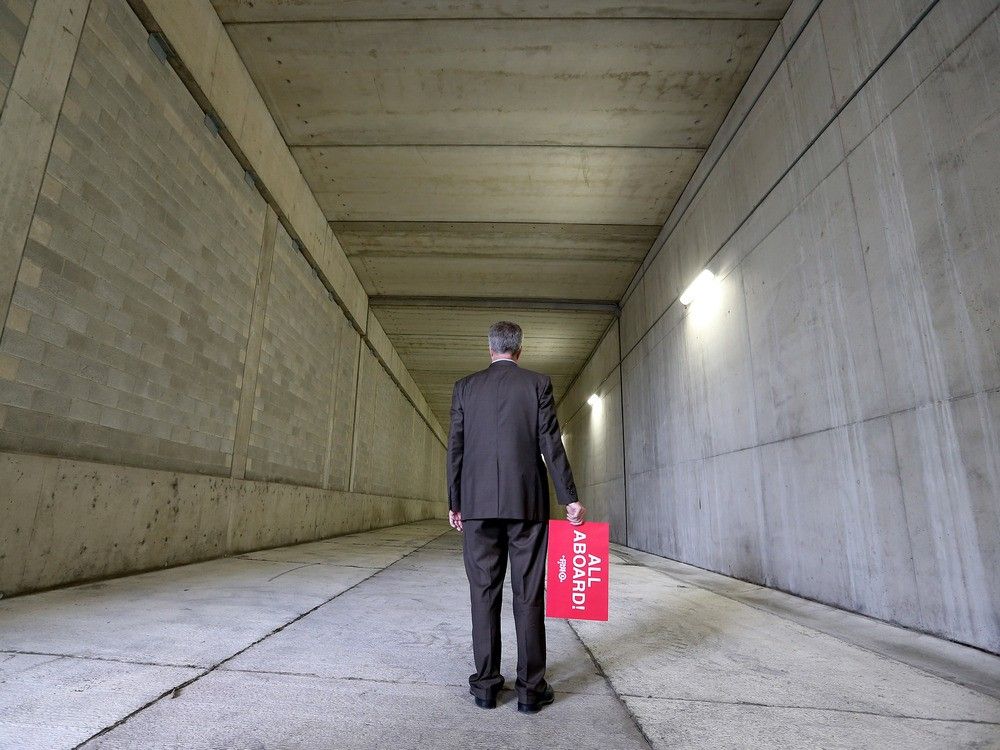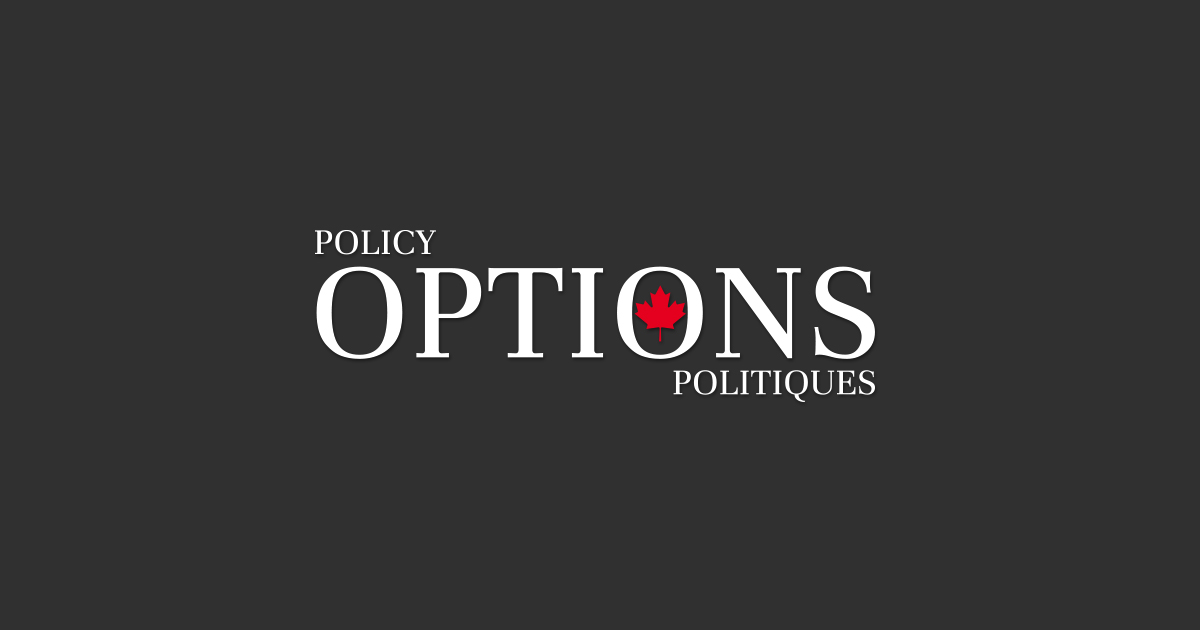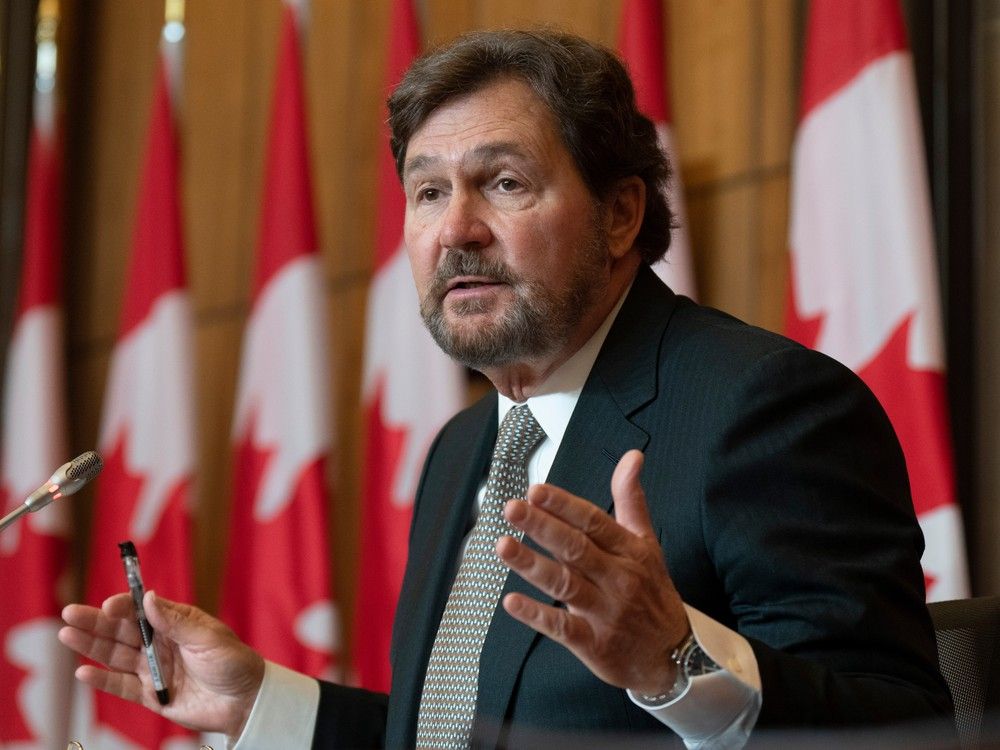Stephan Dion in Warsaw 2023
Dion offered some thoughts... “If I may say…
the main challenge we have [in facing] all these problems,
is the two definitions of multilateralism that [are] always in tension. One is
the Westphalian definition, which is cooperation across regimes — you cooperate with regimes you dislike because you need to tackle problems like these. And the other is
the liberal definition of multilateralism, which is the universal declaration of human rights.
Each human being on this planet has a right to the same dignity. We need to make sure it will happen.
This is reflects the use of subordination to promote supra-nationalism. One regime, the Westphalian nation-state, is undermined by another regime, the Supra-nationalists, by the Supra-nationalists claiming a higher moral authority over the nation-state's citizens. The communists call this Internationalism, the Catholic Church called it Ultra-Montanism, the Social-Democrats call it Globalism. The commonality is the urge to impose order.
“So these two definitions of liberalism are in tension, more and more, because we are more and more [interdependent] with regimes we dislike. We don’t like the regime in China but we need to work with China more than ever. So we have a situation where we sanction regimes with which we trade and interact, more and more. That’s the challenge of the time in which we are.”
Some Westphalian nation-states are easier to work with than others. China, from the Supra-nationalist point of view, has the advantage of having already imposed order. There is now a single point of contact with which to negotiate and convince to adjust the nature of the order that has been imposed.
With that, Dion yielded the floor to the moderator,.... back to Dion. The moderator asked him something else about the “collective West.” He didn’t like the term, he said, any more than he likes “Global South.”
“These definitions are dichotomizing the world in an artificial way,” he said. “What exists are developed countries that are also liberal democracies. And they are not only in the West. We have Japan, we have Korea, Australia, and so on. So if we talk about these liberal democracies, I see millions of human beings risking their life to migrate to these countries. I see the rich of authoritarian regimes buying properties and making sure that their children are [educated] in these liberal democracies.”
Plainly, developed liberal democracies are attractive places to live and work. And yet “the challenge they have to face is that authoritarianism is a fierce rival. And why is that the case? It’s not only because authoritarian visions have repressive and propaganda capabilities. It’s also because human beings are afraid of uncertainty. And unanimous ideologies are always attractive” because the certainty of an ideology backed by a strong-man regime “may be preferable, in the mind of many people, to the uncertainty of competition of ideas, and parties, and opinions. A strong man will solve the problem.
So far I find little to disagree with.
But from my post above, Stephan Dion, Liberal leader, 2008
It was a revealing moment during the English-language leaders’ debate when Stéphane Dion was asked how he intended to implement his Green Shift plan despite opposition to it from several premiers, including some Liberal ones. His response was that prime ministers are elected by Canadian voters, not by the premiers. What Dion was saying was that he was prepared to ignore the reality that the provinces also have jurisdiction over environmental issues and their cooperation would be essential in implementing his plan.
Dion, presented with the prospect of power, was prepared to suborn the provinces by claiming that their citizens supported his Supra-provincial federal government. He was willing to impose order. He was willing to be an authoritarian, a strong man.
Back to Warsaw.
“And if you have a choice between chaos and despotism, humankind is likely to choose despotism. And maybe they are right to prefer despotism to chaos. So the challenge for us liberal democracies is to convince these populations that between chaos and despotism, there is democracy, which [offers] security to people, but in freedom instead of in servitude.”
Warsaw between hope and experience

paulwells.substack.com
I kind of believe him and agree with him but I don't believe that he sees that balance in the same way that I might.
I believe that he leans more towards despotism, perhaps driven by a greater fear of chaos, than I would. A kinder, gentler form or despotism (an ugly word) could be authoritarianism (a despot pro tem with support).
Dion is an environmentalist. That is his chosen source of authority. My problem is that one of the great environmentalist talking points these days in "Wilding" - the return to the state of nature. Places are set aside for burrowing owls and spotted skinks and weeds are allowed to grow through sidewalks. The result is a very disordered, not to say chaotic, order.
Between despotism and chaos there is an infinity of alternatives all of which depend on individuals deciding whether or not to follow some one else's plan in the hopes of escaping chaos, or deciding to enjoy chaos for the opportunities it presents.
Some people like the structure and order of towns seeing them as safe havens. Others want to be left to their own devices in the Wilds. And individuals born into one or the other situation should be free to move between those situations.
But what happens when the safe havens no longer seem as safe? When they become wild?
Do you seek more authoritarianism? Do you ry to impose your own authority? Do you seek to escape the existing authority entirely?
My sense is that there is a large community of followers in Canada that are comfortable with authority generally and that it will require a massive shock to their collective system to give up the security of authority.
There is a smaller community that is comfortable with authority but not this authority. They are convinced that they could do it better. And some of those are willing to act out violently in order to establish their authority. I would consider them fascists regardless of the labels they claim for themselves.
And finally there is another small community of people that are not comfortable with authority at all. Some of that community will accept
no authority at all. Anarchists and libertarians come to my mind.
However some of those that are uncomfortable with authority accept the utility of authority while regretting the need for it. Those are the people that I would consider as liberals. They will accept a light hand on the reins and tolerate a degree of chaos for the opportunities it brings even if it means a greater degree of risk.
I don't know which party best exemplifies that latter group. I do know that the party of Dion and Trudeau does not, nor does that of Jagmeet nor that of Elizabeth May. They lean too heavily towards the despotic end of the authoritarian spectrum for my taste.
The Conservatives? The best I can say about them and their history is that for me a degree of chaos and disorder is a feature not a bug.
...
In the States the bete-noire of the day is Representative Gaetz. He appears to have committed the crime of creating chaos and disorder. This is indeed an un-opportune time to do so.
But from what I can gather from his words what he is arguing against is wrapping all the government's business into one grand package which must be voted on as a single issue with a time constraint that provides no opportunity for debate and for the individual representatives to have their say.
From his words, again, it seems that what he would prefer is that the single omnibus bill be presented as individual, single issue votes that would be debated on the floor of the House, in the open, rather than behind the closed doors of the West Wing and the Oval Office. He acknowledges that there would be more chaos, more uncertainty. He acknowledges that he is likely to lose as many votes as he wins, maybe more. But that degree of uncertainty is the price of democracy.
As trying as that must be to those that appreciate the basic dictatorship of the Chinese Communist Party.




/cloudfront-us-east-2.images.arcpublishing.com/reuters/HUVO6D53UVPITHSUPY6WR6SPHI.jpg)




